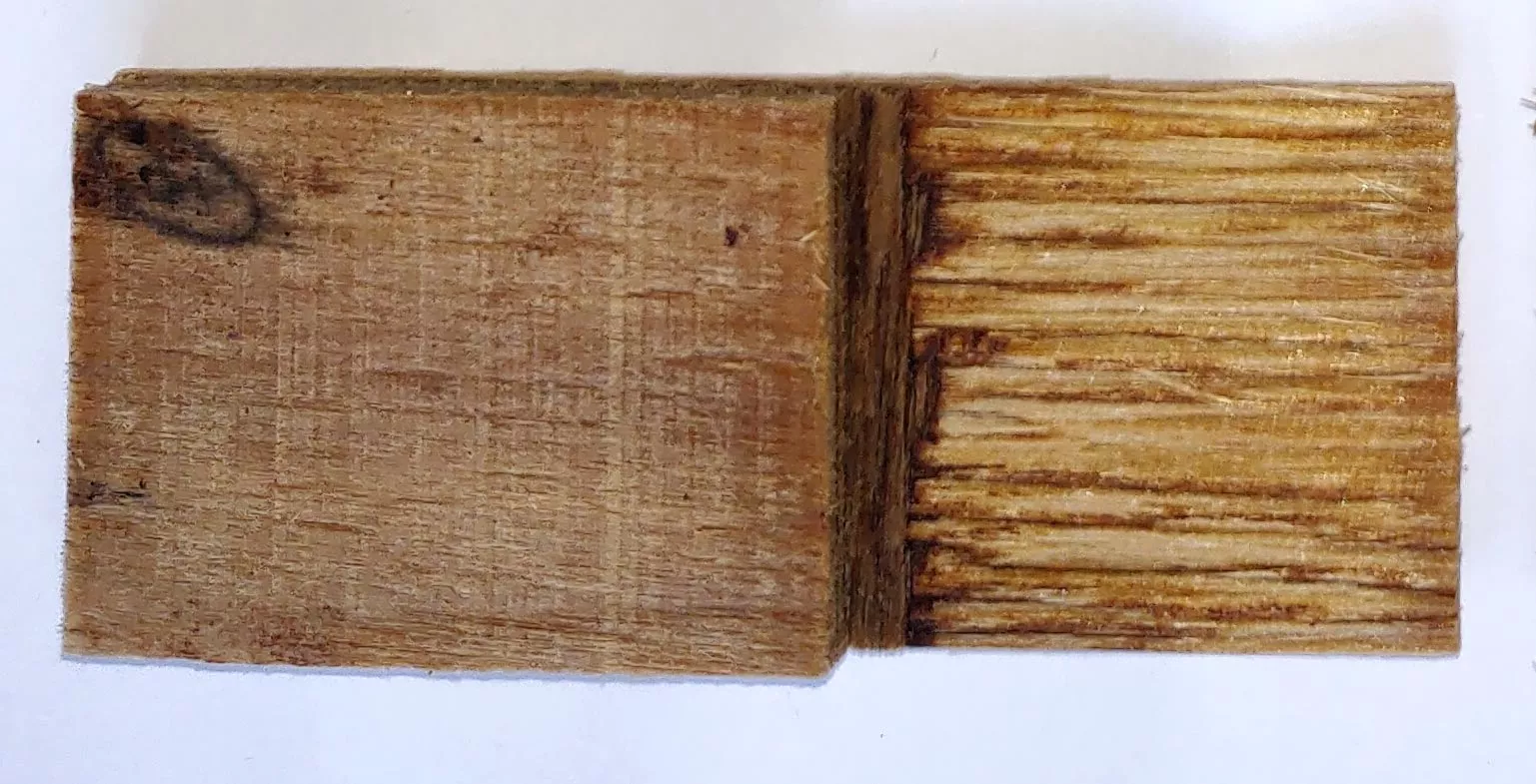The preferred material for building family furniture, decorations and floors is composite wood products with large boards. However, the glue and resin that holds particleboard, fiberboard and plywood together usually contain formaldehyde, which may release this potential carcinogen into the air In order to develop a non-toxic adhesive, researchers reported today in ACS applied materials and interfaces that they combined glucose, citric acid, sugar and an ingredient extracted from orange juice to form a strong and waterproof plywood wood glue
To make plywood, manufacturers stick thin layers of wood together and then cure the material under pressure and heat to form panels of different sizes. One of the most popular adhesives in this application is urea formaldehyde resin because of its low price and strong bond with wood. However, the formaldehyde emission of plywood using this resin has caused many concerns, including health and environmental problems.
Previous studies have shown that a solution of sucrose (a double unit sugar composed of glucose and fructose) and citric acid can form a natural, water-resistant wood glue. However, in order to reduce the energy consumption of plywood curing, zinc chloride catalyst needs to be used, which also reduces the strength of the adhesive. Therefore, Hong Lei and his colleagues managed to make pure glucose and citric acid create a powerful adhesive with a lower energy intensive curing process.

Citric acid and glucose produce a wood glue that makes a strong, waterproof three-layer splint. Source: ACS application materials and interfaces
The researchers heated glucose and different amounts of citric acid solution into a viscous liquid and coated it on poplar veneer. Then they stacked the three veneers together and pressed them into a piece of paper at 392 ° f (200 ° C) for 6 minutes. The team cut the board into small pieces for strength testing and found that at pressures greater than 101 psi, plywood samples broke along wood fibers rather than at glue joints.
These results have met the requirements of the Chinese national standard for plywood. When the plywood sample is immersed in hot water or boiling water, only the bonding strength of the sample with the ratio of citric acid to glucose higher than 0.6 meets the standard requirements. The researchers attributed these results to the increased ester link between citric acid and wood, which improved the bonding strength and water resistance of wood.
The researchers said that citric acid glucose adhesive has brought hope for a more environmentally friendly and energy-saving wood products industry.